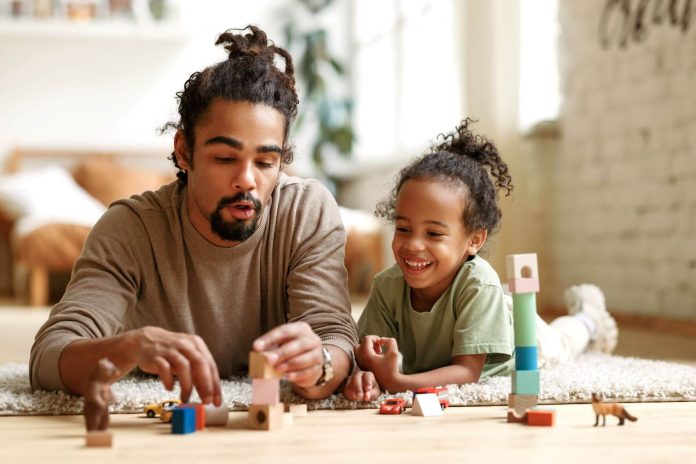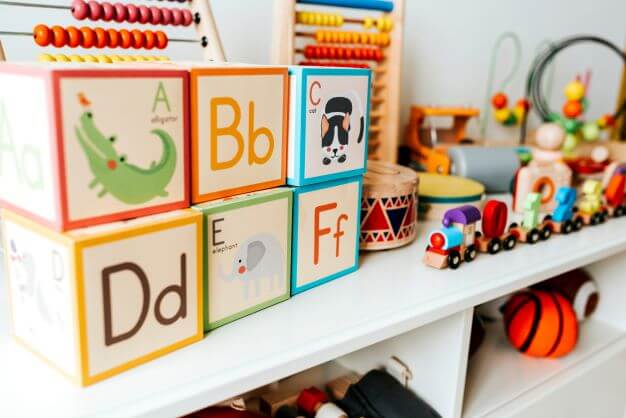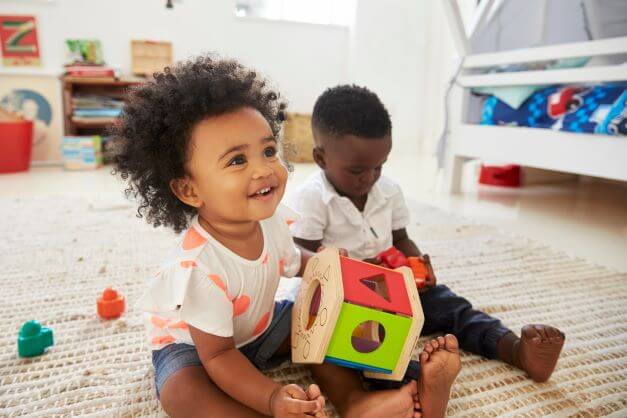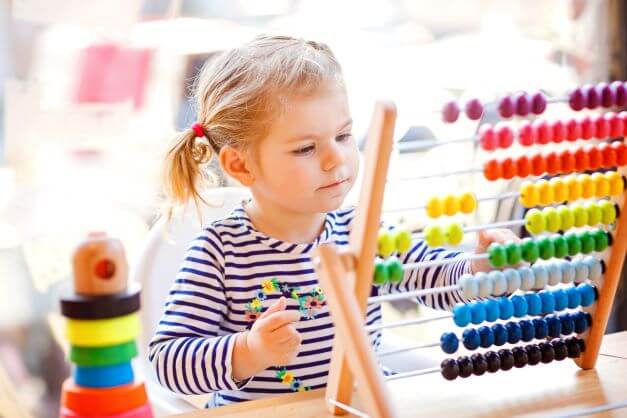
Contents
Last Updated on 4th November 2022
Toys are a great source of learning for your child. Their inquisitive nature and the need to explore different objects from an early age help them learn faster and makes them more aware of their surroundings. Toys not only provide your child with fun but also help them learn new things, develop their motor skills and speech, and build their cognitive abilities.
And while many parents worry that toys will be too much stimulation for their children, experts agree that playing with toys isn’t just fun, it’s also essential to growth and development. Choosing the right toys for your children early in their lives can have a significant impact on them and help them acquire important skills for the future.

How do these educational toys work?
An educational toy must help children learn about something in a physical, emotional, or even intellectual way. It is important for an educational toy to educate children about a specific topic or help them develop new skills such as hand-to-eye coordination, fine motor skills, speaking abilities, and so on. For example, building blocks are created through a lot of research and scientific procedures, because studying child psychology helps designers create something more educational and meaningful.
The following are just a few of the advantages of choosing educational toys for your children.
Helps to develop motor skills and senses
Children naturally practice their motor skills through playing, but educational toys speed up the process. Toys for learning are made specifically to improve motor skills and hand-eye coordination. Building blocks and puzzles are the most popular educational toys used to aid in the development of senses and motor skills.
By engaging in educational puzzles, young children can develop their problem-solving abilities and begin to learn how to use both their hands and eyes to join puzzle pieces together and finish the puzzle.

Develops their creativity
Children’s use of imagination and creativity in play has decreased as technology and screen time have replaced more traditional kinds of play. Playing with educational toys encourages children to think outside the box and apply their creativity to solve problems or create scenarios. Toys that let children create their own scenes or interactions are particularly effective at stimulating children’s creativity.
Improves their problem-solving skills
Educational toys are excellent for boosting a child’s brainpower. In other words, educational toys such as magnetic puzzles prompt children to ponder how to address issues. They can practise and learn how to correctly fit the puzzle pieces together using puzzle toys. As they practise and learn new strategies to finish puzzles, their minds expand and in time they will develop excellent problem-solving skills.

Creates a fun learning experience
Toys used in education boost intelligence by developing memory, motor skills, coordination, literacy, and mathematical knowledge. Toys are normally used for entertainment and pleasure. Toys that are educational are created to combine fun with learning. This design allows children to play with a toy while also developing critical life skills.
Improve their concentration
Children don’t usually have a long concentration span and they lose interest easily or become emotionally detached from things if they stop enjoying them. Educational toys can change the unenjoyable aspect of subjects like language learning or maths into a fun and engaging activity for children. Educational toys have been developed to encourage the children’s interest in learning and help to build on new skills whilst playing.
Educational toys are very important in developing the social and emotional development of children because they often encourage kids to play alongside each other, which technology devices cannot do. Children may learn about social cues such as laughter, crying, and anger, and how to react to them while playing. Educational toys usually include sharing, waiting your turn, and leadership are all important components of social development.




































